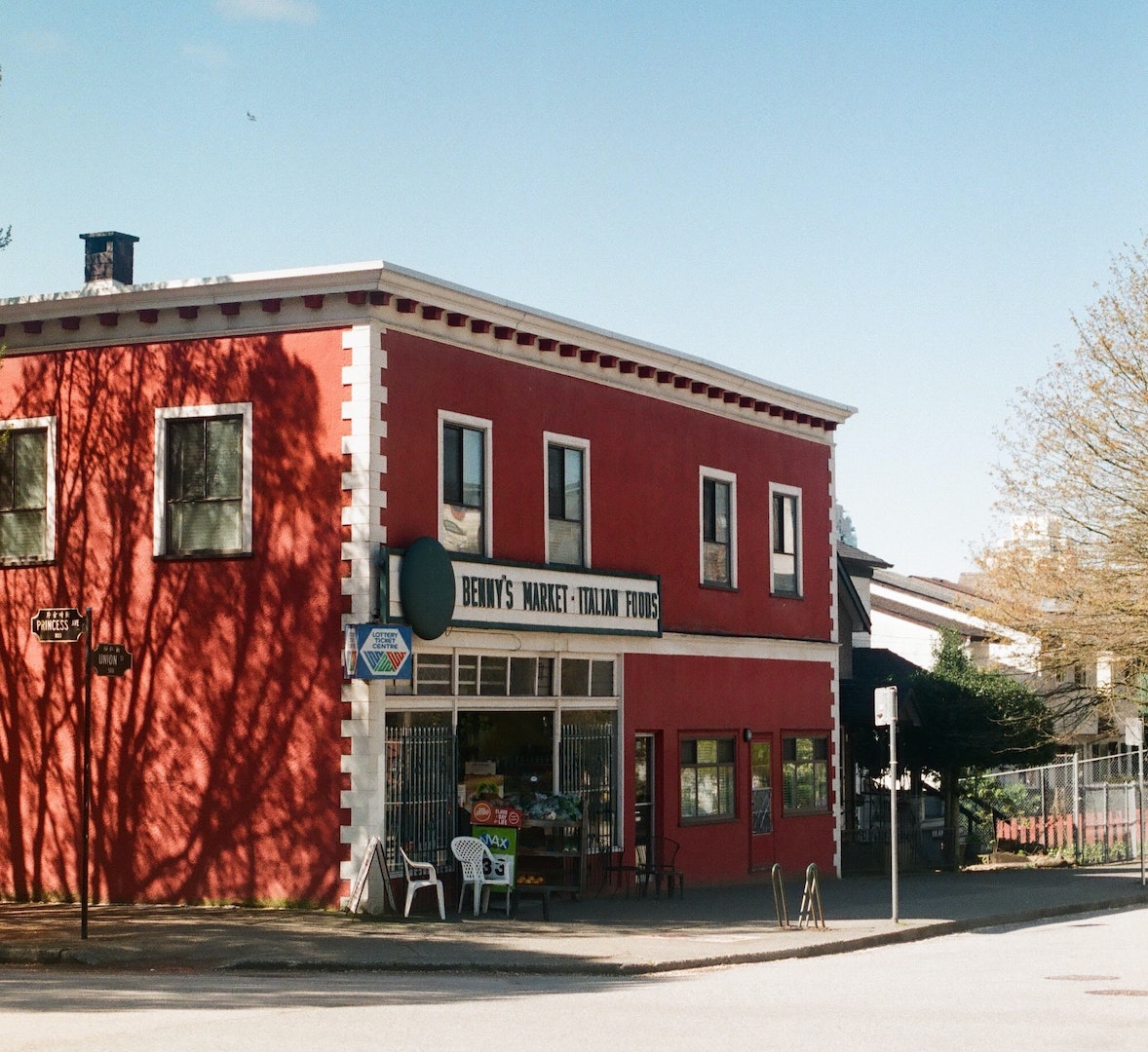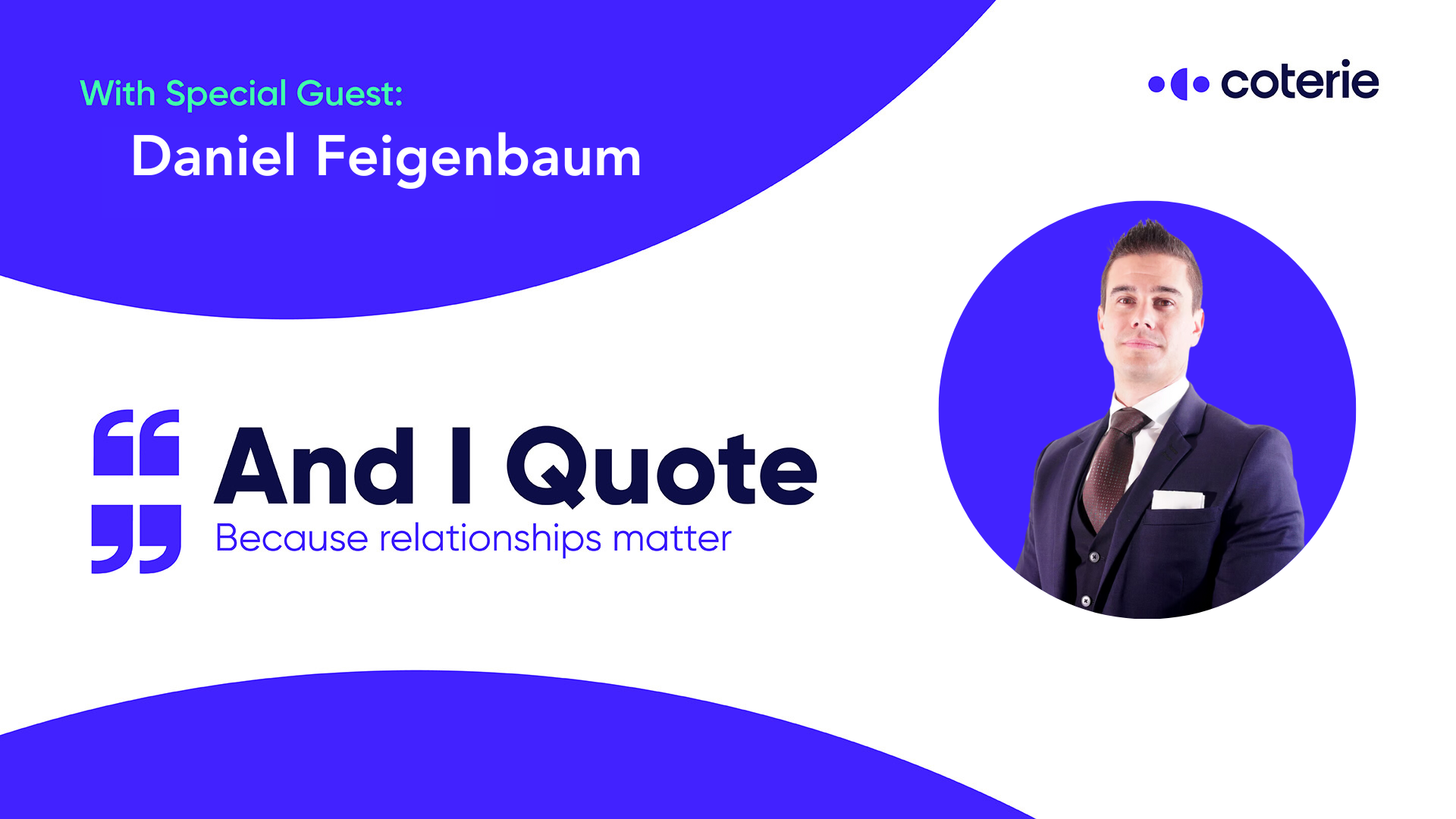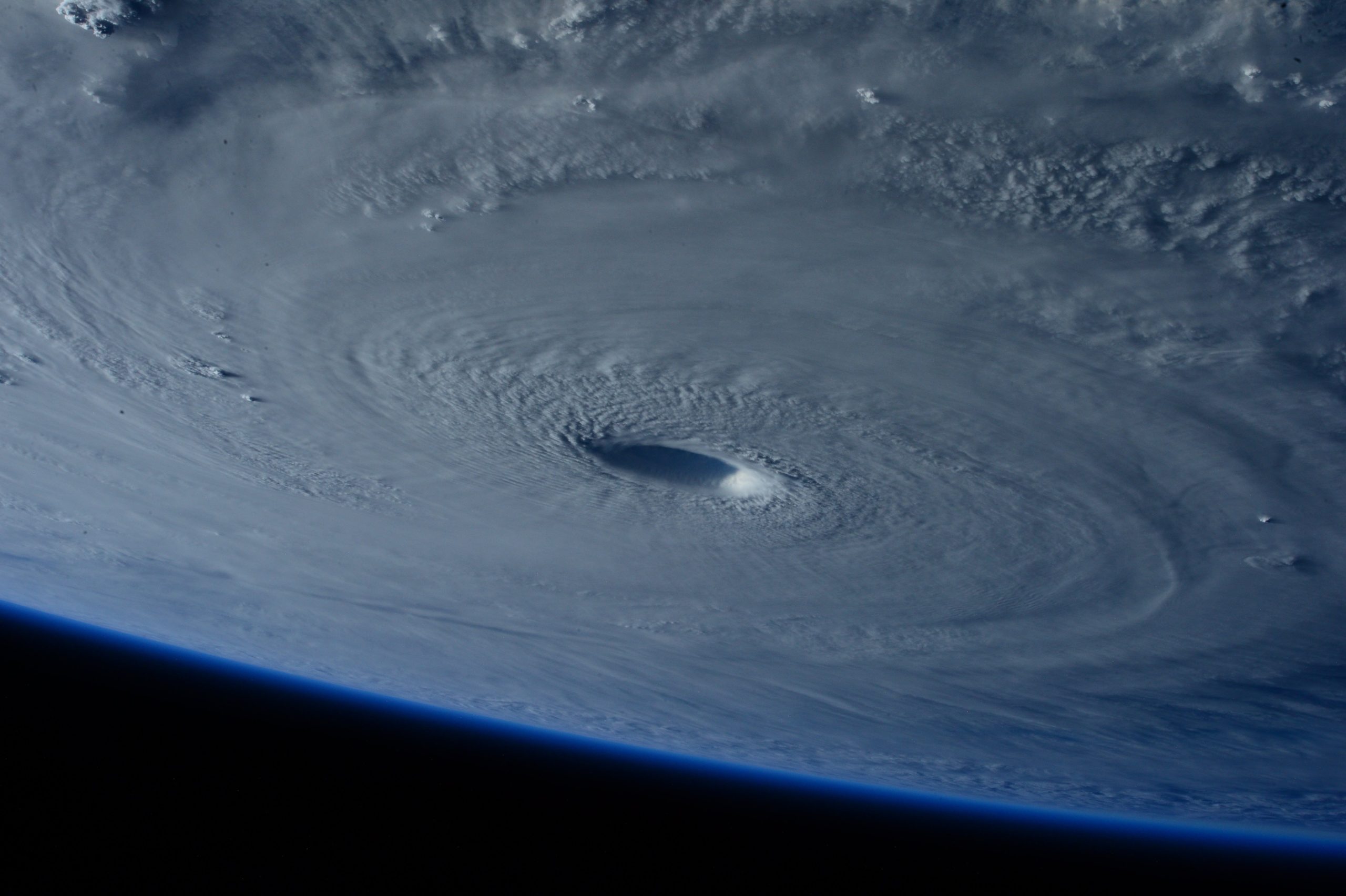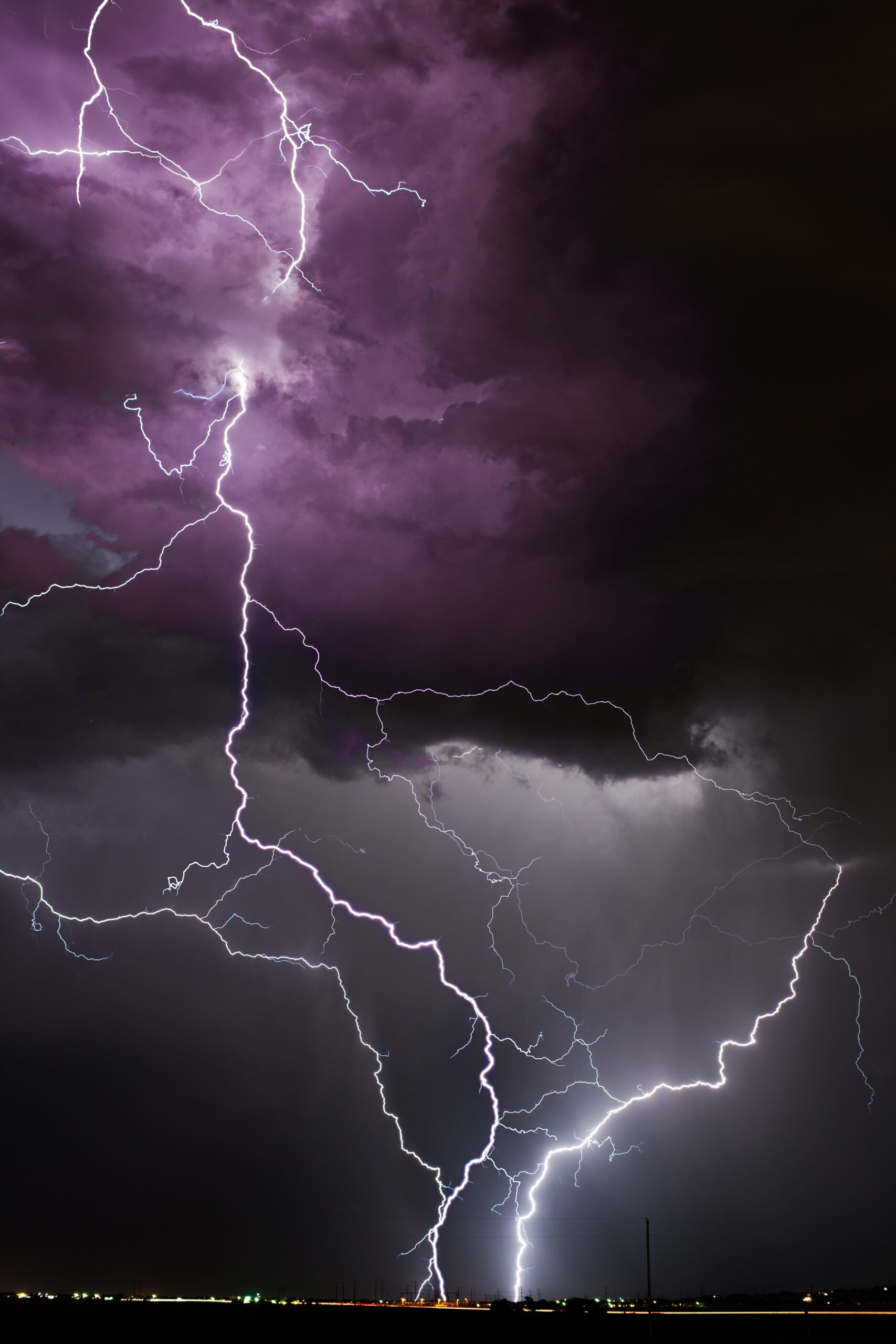Obtaining the right insurance is the first step in protecting your small business. The only way to effectively protect the assets of your business is to have adequate general liability coverage, also known as a GL policy. General liability coverage protects your business from damages caused by bodily injury or property damage for which your business is found to be legally liable.
What Does General Liability Coverage Include?
A typical GL policy provides coverage for claims of bodily injury or other physical injury, personal injury (libel or slander), advertising injury and property damage as a result of your products, premises or operations. As a safeguard against liability, general liability coverage enables you to continue your normal operations while dealing with real or fraudulent claims of negligence or wrongdoing. GL policies also provide coverage for the cost to defend and settle claims. Below is more detail into what a typical GL policy may cover:
- Automatic additional insured: Coverage is provided for written contracts, agreements and permits.
- Personal and advertising injury: Protects against offenses made by you or your staff during the course of business, such as libel, slander, disparagement or copyright infringement in advertisements.
- Defense costs: Provides coverage for legal expenses for liability claims brought against your business, regardless of who is at fault.
- Medical expenses: Provides coverage for medical expenses if someone is injured on your premises or by your products.
- Premises and operations liability: Provides coverage for bodily injury and property damage sustained by others on your premises or in conjunction with your business operations.
- Products liability: Provides coverage for bodily injury and property damage sustained by others as a result of your products.
How Much General Liability Coverage Does Your Business Need?
The amount of coverage that your business needs depends on three factors: perceived risk, where you operate your business and the type of products you manufacture. Below, we explain all three factors:
- Perceived risk: Consider the amount of risk associated with your business operations and functions. For instance, if you manufacture heavy machinery you would generally need more coverage as compared to another organization that manufactures stuffed animals.
- Premises and operations liability: If you operate in a state that has a reputation for rewarding high damages, then you may wish to purchase higher limits of liability.
- Type of product manufactured: If you manufacture a dangerous product, you may want to carry higher limits of liability.
Other Ways to Protect Your Business, In Addition to General Liability Coverage
Having insurance is just one way to protect your business – there are various other ways to ensure your business’s safety and security:
- Establish a high standard for product quality control at your organization.
- Keep all company records up to date and accurate.
- Train your employees thoroughly and properly, and regularly for industries that require annual training updates.
Coterie Insurance understands that your business needs to be protected, and we are here to help – contact us today to learn more about our risk management and insurance solutions. If general liability coverage is not the right policy for you, we can consider a Business Owners Policy (BOP) or a Professional Liability policy (PL).





